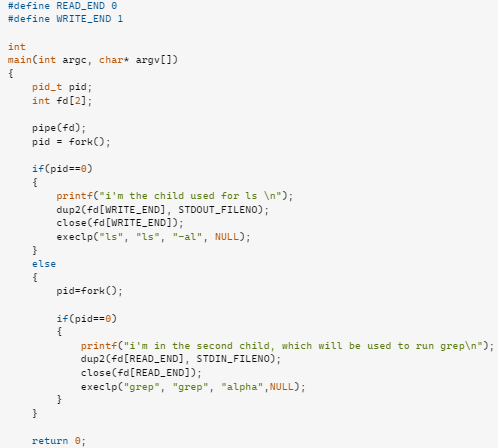Ask Smart, get Smart
24 Jan 2024
Questioning a question
In a world full of curiosity, many of us instinctively turn to our mentors or professors when faced with challenges, often without giving a second thought. However, with the help of the internet and AI as resources, the methods of asking questions have undergone changes. For instance, a student may inquire about resolving a coding issue, but the manner in which they frame the question often becomes open-ended if they don’t explain what they’ve done so far. In such cases, the professor is likely to respond by prompting the student to share their efforts they’ve taken so far in addressing the issue. This becomes the basis for the professor to guide the student in understanding their mistake more clearly. Conversely, when no prior work is presented, the professor may perceive the question as vague, leading to a less helpful response for the student. Now, a method exists for posing questions that benefit both the student and the professor which is asking smart questions.
Asking a smart question
As sophisticated as code can be, posing an intelligent question is appreciated by those being asked, as it demonstrates your dedication and comprehension of the issue. A number of examples are found on Stack Overflow, a website dedicated to helping programmers with code. Here is an example of an intelligent question that someone had about socket programming. It happened to be a question I wanted to ask when I was struggling to understand the functionality of a client-server program.


In this example, a programmer asked a question on implementing a dup2 system call within a client-server program. To clearly convey this, they included a screenshot of the dup2 system call along with the desired command. The responder comprehended the programmer’s question and offered a helpful response. The provided example program showcased the details of the system call, along with the requirements for its proper usage.
Conclusion
To summarize, asking a smart question is an effective strategy for obtaining precise solutions, particularly in coding. Practicing this skill helps in resolving open-ended queries and increases the likelihood of obtaining direct solutions. Platforms like Stack Overflow encourage this process, as smart questions may have already been addressed. Notably, asking smart questions not only benefits the programmer seeking assistance but also serves as a valuable resource for others who might encounter similar issues in the future.
ChatGPT attributed in correcting grammar, vocabulary and punctuation.
You can find this example here https://stackoverflow.com/questions/3642732/using-dup2-for-piping